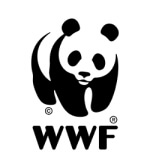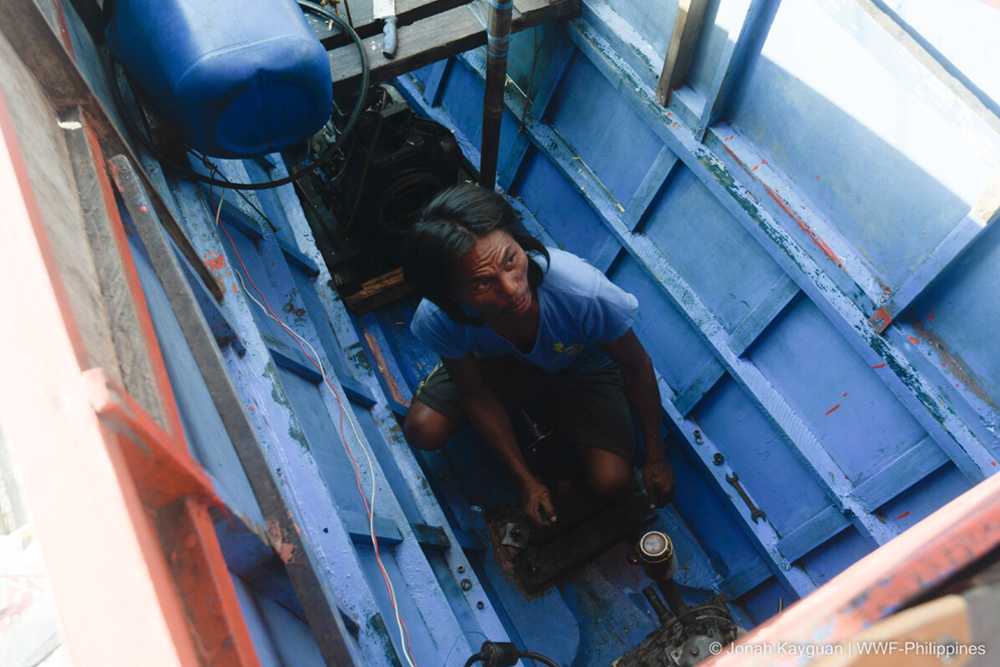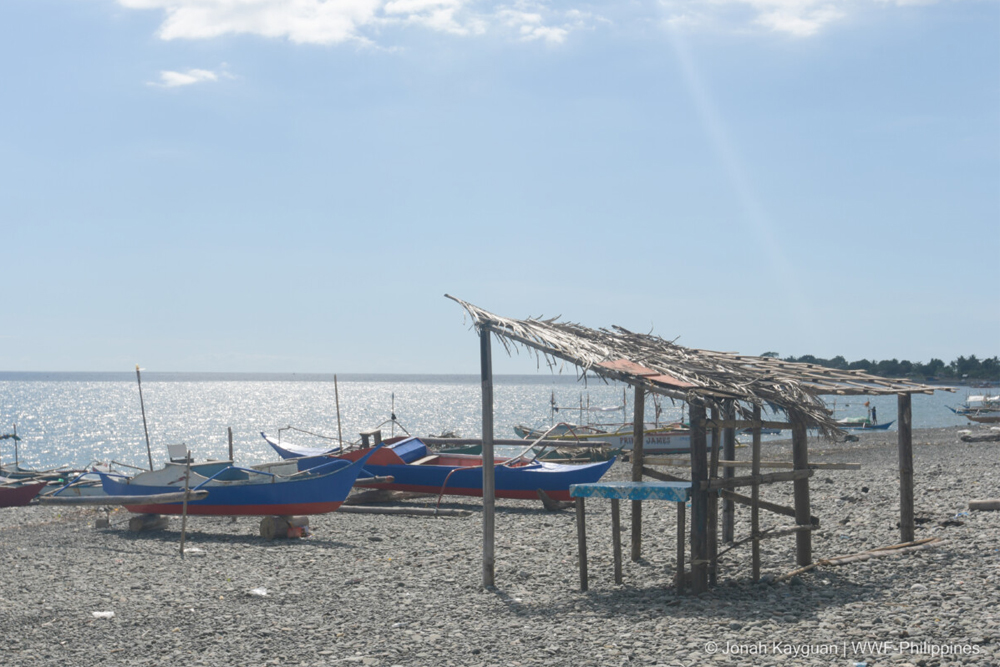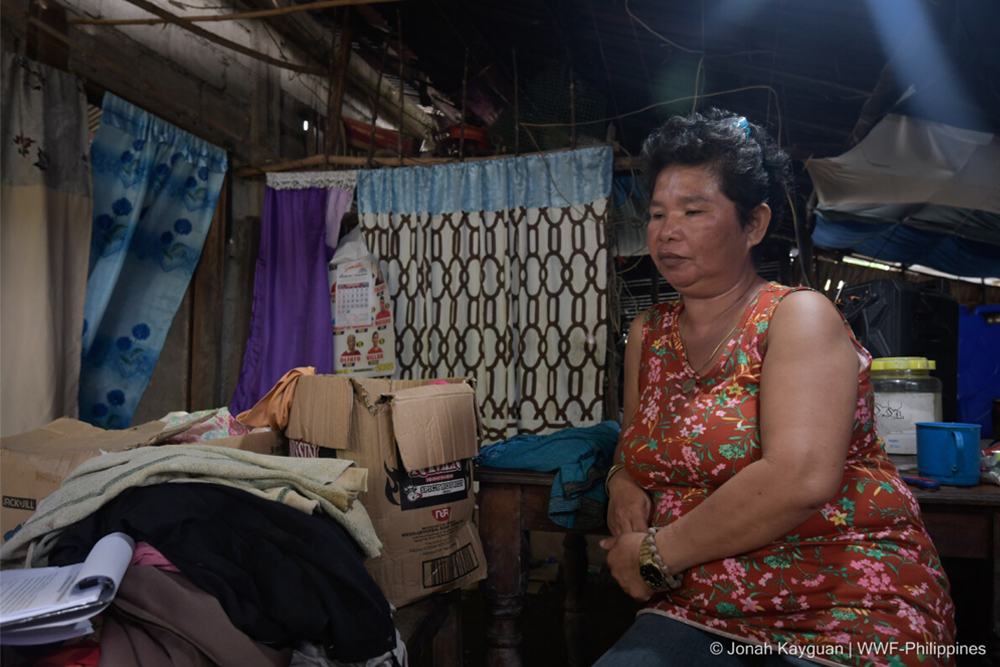Bicol and Mindoro – Throughout February the World Wide Fund for Nature Philippines (WWF-Philippines) conducted a study to explore the economic, social and legal barriers keeping small-scale fishers from registering their boats, renewing their licenses and documenting their fish catches.
Illegal, Unreported and Unregulated (IUU) fishing occurs when authorities lack the means to monitor and control activities within their fisheries. Having a log of registered boats and licensed fishers operating in a certain area can help authorities better manage the fisheries they preside over.
Fisher registration rates have been high among WWF-Philippines’ partner Tuna Fisher Associations (TFA). The Lagonoy Gulf TFA reported a registration rate of 76% in early 2023. The TFA of Mindoro Strait, meanwhile, posted a registration rate of 69%.
Boat license rates were significantly lower, with only 53% vessels licensed among the fishers of the Lagonoy Gulf TFA by the end of 2022. The Mindoro Strait TFA recorded only a 35% rate of licensed boats.
WWF-Philippines’ goal is to have 80% of fishers registered for each TFA, as well as 80% of boats licensed.
“Registered boats and licensed fishers are crucial if we are to better manage our fisheries. We wish to understand the challenges keeping fishers from registering themselves and their boats, so that we may help address them,” shared WWF-Philippines Sustainable Tuna Partnership 2 (STP 2) Program Manager Joann Binondo.
Initial surveys from WWF-Philippines’ study showed that there is interest among small-scale fishers in the better management of their fisheries. Fishers recommended stronger fishing regulations during tuna spawning season and the banning of vessels that fail to comply with set regulations on net fishing.
Though interested in improved fishery management, many fishers expressed that they did not understand the importance of getting themselves and their boats licensed and registered. Some claimed there was no difference in treatment between those who were licensed and registered and those who were not. A shared sentiment, meanwhile, was that commercial fishing activities were a bigger threat to fisheries compared to small-scale fishers.
Better registration and licensing rates, together with stricter enforcement of regulations, could help the countries’ fisheries thrive.
“We have what it takes to better manage our countries’ fisheries. It is now a matter of making the pieces fit together in a way that benefits our fishers,” shared STP 2 Field Manager Marietta Calacal.
Local management is one of a number of steps toward building sustainable fisheries. The STP 2 program works to ensure environmental sustainability for the tuna fisheries of the Lagonoy Gulf and Mindoro Strait.





